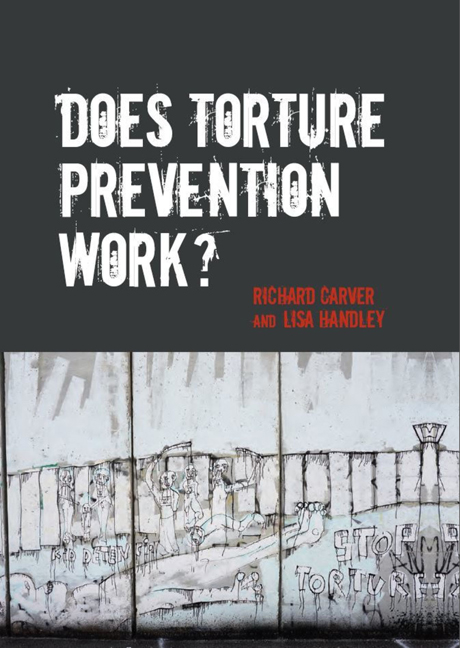12 - Tunisia
from Prevention Expected
Summary
Introduction
This chapter has been written at the beginning of a new era in Tunisia's history. While torture still exists in the country, it is far less frequent and it is being dealt with in a new way.
During the dictatorship of Zine El Abidin Ben Ali (1987–2011), the authorities made many legal reforms, including revisions to detention and prosecution law. These legal reforms provided for, inter alia, conditions of pretrial detention, access to a lawyer after arrest, prompt medical examination, and the prosecution of individuals who inflict torture and ill treatment. In addition, monitoring and complaints mechanisms were established and international agreements were ratified. However, all these changes were made essentially to satisfy the international community and calm the demands of civil society; torture did not cease.
In practice, these legal guarantees were more likely to be respected when detainees were held for common crimes. Although ordinary prisoners were also tortured and ill-treated, political activists, suspected terrorists, and individuals accused of belonging to prohibited Islamic parties received more severe treatment, and were more often tortured. The main factors that determined the incidence of torture and the evolution of mechanisms to prevent it were political: political events and the dictatorial character of the regime in power. Following the Tunisian revolution in 2010–11, many new reforms were initiated. Though it is not yet operational, in 2013 Tunisia created a National Authority for the Prevention of Torture, the country's national preventive mechanism (NPM) under the UN's Optional Protocol to the Convention against Torture (OPCAT).
Both optimistic and sceptical, Tunisians are still waiting for real change. Their struggle to end impunity and eradicate torture continues. This chapter confirms that sound laws and practices, effective complaint and monitoring mechanisms, an independent judiciary, and political will each make an important contribution to efforts to prohibit and punish torture.
- Type
- Chapter
- Information
- Does Torture Prevention Work? , pp. 419 - 438Publisher: Liverpool University PressPrint publication year: 2016



